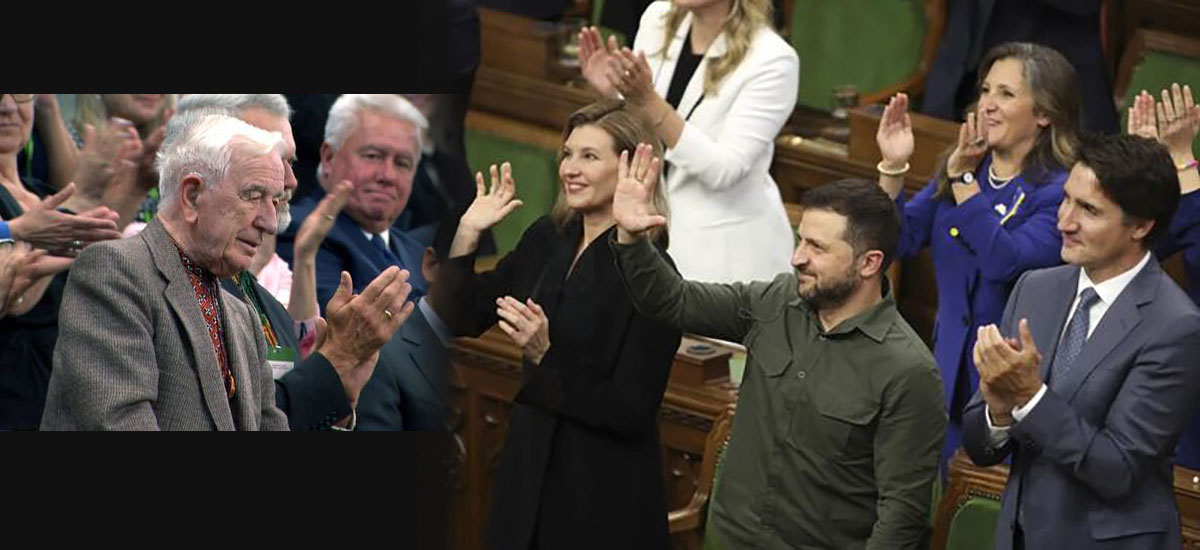
PSAC Raiding Public Purse with Non-Wage Benefit Demands
By Ryan Thorpe
It’s longer than the bill for Prime Minister Justin Trudeau’s groceries. And much more costly.
Shift premiums for working past 4 p.m. A $17,000 education fund for laid-off staff. Extra hours at double time. Mandatory unconscious bias training. And taxpayer-funded contributions to a union-controlled “social justice fund.”
Those are just some of the pricey demands coming from negotiators for the Public Service Alliance of Canada, the largest union representing the federal bureaucracy. PSAC members recently voted in favour of a strike mandate.
In January, the Canadian Taxpayers Federation (CTF) blew the whistle on PSAC’s demand for a compensation increase of up to 47 per cent over three years, which would cost taxpayers $9.3 billion.
A new CTF analysis of PSAC’s wish list sheds light on the many non-wage benefits the union has demanded. The message being sent by union negotiators is clear: taxpayers, empty your pockets.“Canadians can’t afford to keep paying more and more and more,” said Franco Terrazzano, Federal Director of the CTF. “The federal government has to draw a line and say no to out-of-touch union demands.”
The full list of PSAC demands can be found in a document entitled: “Public Interest Commission Brief of the Public Service Alliance of Canada,” which is dated Nov. 28 to Dec. 1, 2022.
The document is for PSAC’s “program and administrative services” bargaining unit, a group of 97,000 employees seeking a 29 per cent compensation increase over three years, according to the Treasury Board of Canada.
Among the demands is a special shift premium whenever members work past 4 p.m.
“An employee working shifts will receive a shift premium of two dollars and fifty cents ($2.50) per hour for all hours worked, including overtime hours, between 4 p.m. and 8 a.m.,” according to the document.
PSAC negotiators also want an education fund for laid-off members that can be used for post-secondary tuition costs:
“(An) amount of not more than seventeen thousand dollars ($17,000) for reimbursement of receipted expenses of an opting employee for tuition from a learning institution and costs of books and relevant equipment.”
Negotiators are seeking special pay raises for case managers at Veterans Affairs, and mandated “diversity, equity and inclusion” training, as well as unconscious bias training, for all employees and managers.
PSAC also wants five extra paid days off for “self-identified Indigenous” employees to engage in traditional cultural practices like “hunting, fishing (and) harvesting.”
Then there’s the demand for taxpayer-funded contributions to the PSAC’s Social Justice Fund, which engages in “advocacy for progressive public policy,” according to the union’s website.
“The Employer shall contribute one cent (1¢) per hour worked to the PSAC Social Justice Fund and such a contribution will be made for all hours worked by each employee in the bargaining unit,” according to the document.
If all 97,000 employees in the bargaining group were to work 40-hours per week, for 50 weeks of the year, that would mean taxpayers would be on the hook for nearly $2 million in annual contributions to the union-controlled fund.
The CTF previously reported on other non-wage benefits PSAC is demanding for its bargaining groups, based on information provided by the TBS:
Increased paid leave for family related responsibilities from 37.5 hours to 75 hours annually;
Accrual of four weeks of automatic vacation leave after four years of service, rather than after seven years of service;
Increased and extended eligibility for a variety of allowances and premiums, including shift premium and meal allowances;
All overtime paid at double-time, where now it is most often paid at time-and-a-half.
“Most Canadians would be laughed out of the room if we asked our boss for these types of benefits,” Terrazzano said. “These demands prove that government union negotiators are trying to milk taxpayers.”
PSAC negotiators say the federal government must offer compensation that is “comparable to employees in similar occupations” in the private sector.
But government employees already enjoy a 9.4 per cent wage premium over their private-sector counterparts, according to a 2020 report from the Fraser Institute.
The study found that government employees also enjoy a significant advantage when it comes to non-wage benefits, including time off for personal reasons, retirement ages, pension plan coverage and job security.
Compensation for each full-time federal government employee is $125,300 on average, according to a recent report from the Parliamentary Budget Officer.
By comparison, in September 2022, the average Canadian salary was roughly $59,000.
Between 93 to 98 per cent of federal employees received at least one raise during the COVID-19 pandemic.
Photo: JALAL SHEIKH, Pixabay










